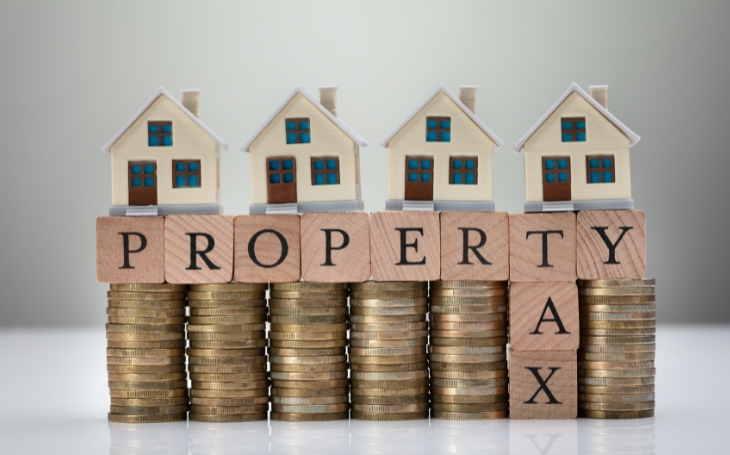
Understanding Property Taxes in The Gambia
- By, Admin
- 07 Aug, 2024
Property
taxes are crucial for maintaining public infrastructure and services. In The
Gambia, these taxes support community development. Understanding property taxes
is essential for homeowners and investors alike.
What
Are Property Taxes?
Property
taxes are levies imposed by the government on real estate. These taxes are
based on the property's value. In The Gambia, property taxes fund essential
services such as education, healthcare, and public safety.
How
Property Taxes Are Calculated
Property
taxes in The Gambia are calculated based on the property's assessed value. The
local government assesses the property periodically. The tax rate, or millage
rate, is applied to the assessed value to determine the tax amount.
Assessment
Process
The
assessment process involves evaluating the property's market value. Various
factors influence this valuation, including location, size, and condition.
Property owners should ensure their properties are accurately assessed to avoid
overpaying taxes.
Paying
Property Taxes
Property
taxes are typically paid annually. Homeowners receive a tax bill outlining the
amount due. It is crucial to pay these taxes on time to avoid penalties. Some
regions offer payment plans to assist property owners.
Penalties
for Late Payment
Failing to
pay property taxes on time can result in penalties. These may include fines,
interest charges, and, in extreme cases, property liens. It is important to
stay current with property tax obligations to avoid these consequences.
Exemptions
and Relief Programs
The Gambia
offers various exemptions and relief programs for property taxes. These
programs are designed to assist certain groups, such as the elderly, veterans,
and low-income homeowners. Understanding eligibility for these programs can
reduce your tax burden.
Impact
on Property Investment
Property
taxes impact real estate investment decisions. Higher taxes can affect
profitability. Investors should consider tax rates when evaluating property
investments in The Gambia.
Tax
Planning Strategies
Effective tax
planning can help minimize property tax liabilities. Strategies include
ensuring accurate property assessments and exploring available exemptions.
Property owners should also stay informed about changes in tax laws.
Conclusion
Understanding
property taxes in The Gambia is vital for homeowners and investors. Accurate
assessment, timely payment, and knowledge of exemptions can ease the tax
burden. Stay informed and proactive to manage your property tax obligations
effectively.


